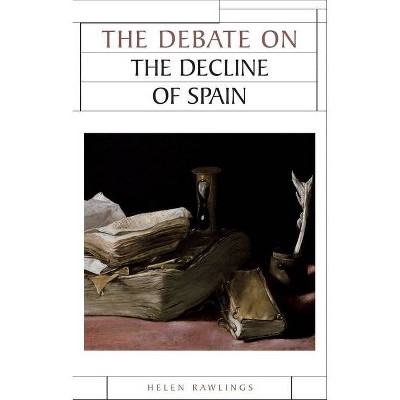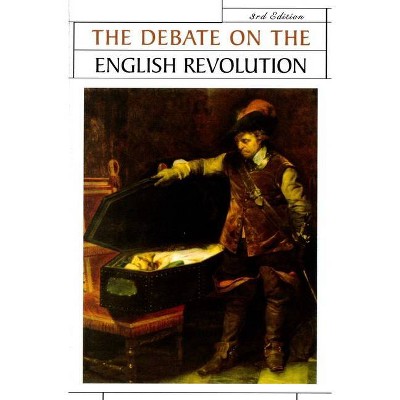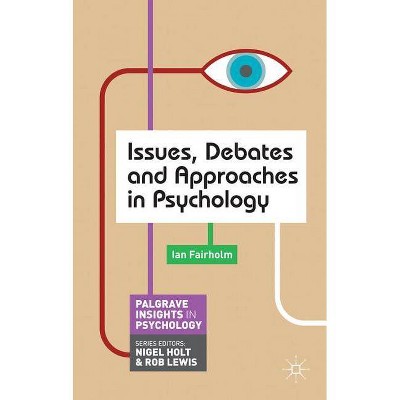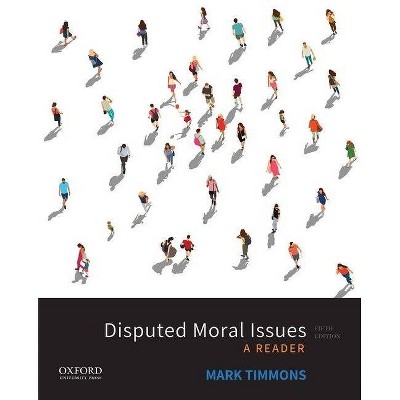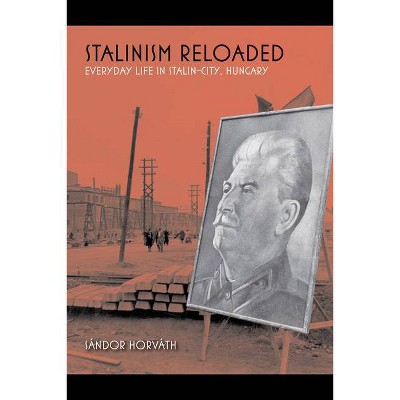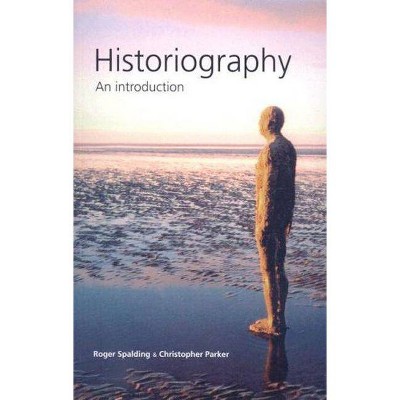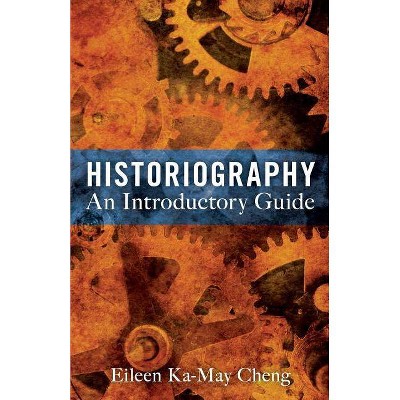Debates on Stalinism - (Issues in Historiography) by Mark Edele (Paperback)
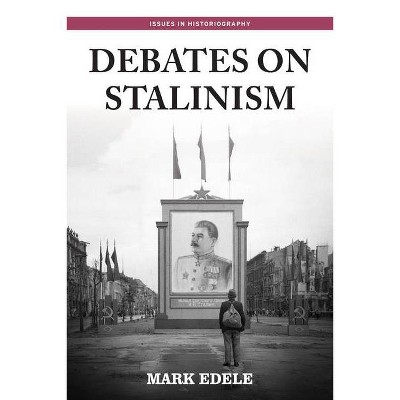
Similar Products
Products of same category from the store
AllProduct info
<p/><br></br><p><b> About the Book </b></p></br></br><i>Debates on Stalinism </i>introduces major debates about Stalinism during and after the Cold War. It introduces major debates and major historians of the Soviet Union during the brutal reign of Stalin. Readers will better understand not only the history of our current understanding of Stalinism but also contemporary debates in Russia and Ukraine.<p/><br></br><p><b> Book Synopsis </b></p></br></br><p>The years of Stalin's brutal reign over the Soviet Union - from the late 1920s to the dictator's death in 1953 - have produced enormous debate. Did 'Stalinism' form a system in its own right or was it a mere stage in the overall development of Soviet society? Was it an aberration from Leninism or the logical conclusion of Marxism? Was its violence the revenge of the Russian past or the result of a revolutionary mindset? Was Stalinism the work of a madman or the product of social forces beyond his control? Could it have been avoided? Could the war have been won without it? What was it like to live within it? The answers to such questions form the historiography of Stalinism.<br /> <br /> This transnational history of writing about Stalinism introduces advanced students of Russian, Ukrainian, Soviet, European and World History to major debates and the contributions of major historians during and after the Cold War. To readers of history more generally, it opens up the complexities of historiographical debates, where evidence, politics, personality and biography are strongly entangled. Moreover, as these debates are transnational, the politics of history change often dramatically by context, which adds further complexity to these debates. This book will allow readers to better understand not only the history of history writing, but also contemporary controversies and conflicts in the successor states of the Soviet Union, in particular Russia and Ukraine.</p><p/><br></br><p><b> From the Back Cover </b></p></br></br>The years of Stalin's brutal reign over the Soviet Union - from the late 1920s to the dictator's death in 1953 - have produced enormous debate. Did 'Stalinism' form a system in its own right or was it a mere stage in the overall development of Soviet society? Was it an aberration from Leninism or the logical conclusion of Marxism? Was its violence the revenge of the Russian past or the result of a revolutionary mindset? Was Stalinism the work of a madman or the product of social forces beyond his control? Could it have been avoided? Could the war have been won without it? What was it like to live within it? The answers to such questions form the historiography of Stalinism. This transnational history of writing about Stalinism introduces advanced students of Russian, Ukrainian, Soviet, European and World History to major debates and the contributions of major historians during and after the Cold War. To readers of history more generally, it opens up the complexities of historiographical debates, where evidence, politics, personality and biography are strongly entangled. Moreover, as these debates are transnational, the politics of history change often dramatically by context, which adds further complexity to these debates. This book will allow readers to better understand not only the history of history writing, but also contemporary controversies and conflicts in the successor states of the Soviet Union, in particular Russia and Ukraine.<p/><br></br><p><b> Review Quotes </b></p></br></br><br>'[...] explains - in clear and lucid terms - why Stalinism is important, and why it is still important today.' Professor Matthew Stibbe, Sheffield Hallam University ' [...] Edele is to be commended for his exposition of the intricate, intense debates over the past half-century within Anglo-American academia and more recently within the Soviet successor states, notably Russia and the Ukraine. <i>History Australia </i>'[...] this book presents an excellent overview of some of the conflicts over Stalinism and an incisive analysis of some of the themes within that debate. It is a welcome addition to our literature on this subject.'<i> The Russian Review </i> '[...] His approach to debates among historians about Stalinism is biographical, contains a good deal about their infighting, and seeks to define - and complicate - schools of thought. That he has made a worthy contribution to Manchester University Press' series on Issues of Historiography is a testament to the magnitude of his reading, the sharpness and consistency of his argument, and the unusual politicisation of the subject he has chosen.' <i>Labour History </i><br><p/><br></br><p><b> About the Author </b></p></br></br>Mark Edele is Hansen Professor in History at the University of Melbourne
Price History
Cheapest price in the interval: 26.95 on October 27, 2021
Most expensive price in the interval: 26.95 on November 8, 2021
Price Archive shows prices from various stores, lets you see history and find the cheapest. There is no actual sale on the website. For all support, inquiry and suggestion messages communication@pricearchive.us
